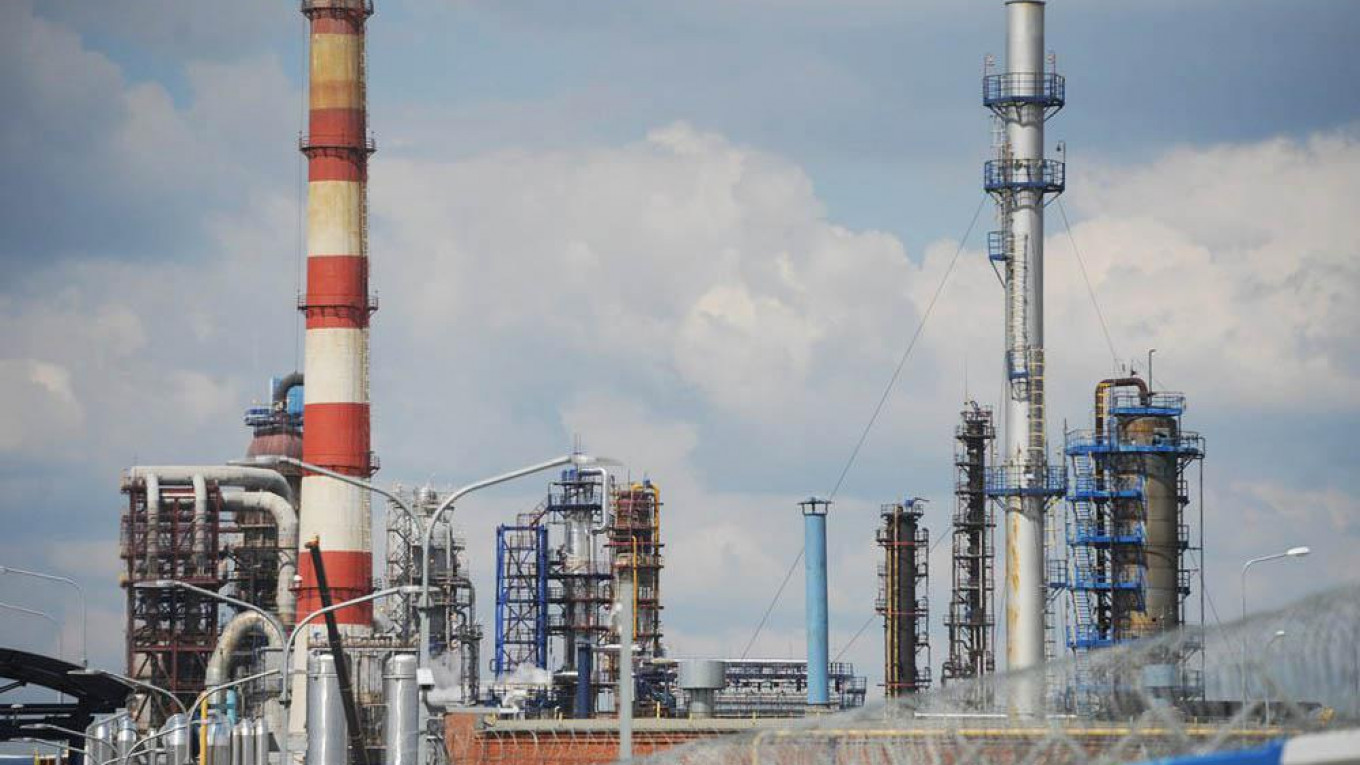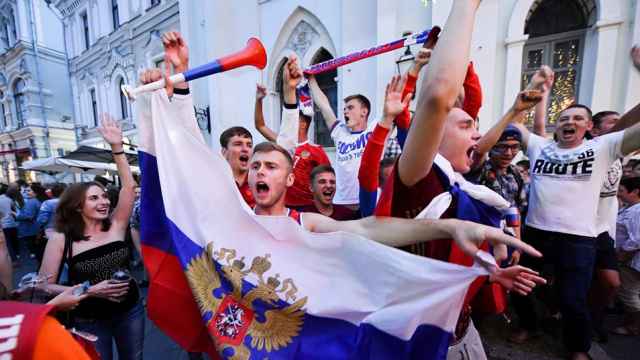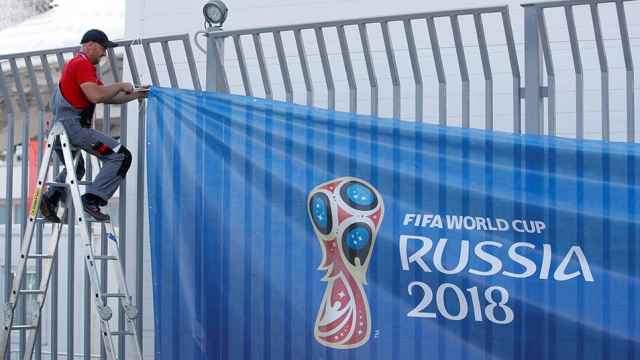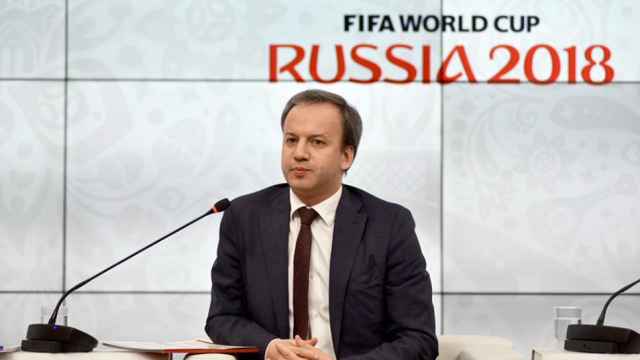Russia’s Federal Security Service (FSB) has instructed hundreds of factories in heavy industries to halt production during the World Cup this summer for safety reasons, leading to an outcry among industrialists who say they will accrue massive losses.
Eleven Russian cities will host the FIFA World Cup from June 14 to July 15, including the industrial centers of Yekaterinburg, Nizhny Novgorod, Volgograd and Saransk. President Vladimir Putin issued a sweeping decree in early 2017 to ramp up security measures in the country before, during and after the World Cup.
The Kommersant business daily reported Monday that the FSB sent letters instructing factories up to 400 kilometers away from World Cup host cities to halt production during the tournament, citing President Vladimir Putin’s 2017 safety decree.
Regional authorities were told “to create a list of hazardous factories that need to be put on hold,” Maxim Meyksin, the head of St. Petersburg’s industrial policies and innovation committee, was cited as saying by Kommersant.
Major state-run corporations including the military technology firm Rostec and the Roscosmos national space agency confirmed to Kommersant that they will adjust their production cycles due to the restrictions.
Factories unable to halt their operations will be required to inform the FSB of potential ecological damages and numbers of casualties in the case of an environmental disaster, Kommersant reported, citing a letter sent to a chemical factory in World Cup host city Nizhny Novgorod.
Another chemical company, 400 kilometers away from Nizhny Novgorod, said that it "opposed the idea of sweeping suspensions of dangerous factories in the region, especially those that are far removed from World Cup."
The FSB’s shutdown order seeks to reduce the likelihood of man-made accidents during the World Cup, the head of the Rupec, Andrei Kostin, told Kommersant.
“But it’s already extremely low: there’s a greater probability of a plane crash in this area,” he said.
A Message from The Moscow Times:
Dear readers,
We are facing unprecedented challenges. Russia's Prosecutor General's Office has designated The Moscow Times as an "undesirable" organization, criminalizing our work and putting our staff at risk of prosecution. This follows our earlier unjust labeling as a "foreign agent."
These actions are direct attempts to silence independent journalism in Russia. The authorities claim our work "discredits the decisions of the Russian leadership." We see things differently: we strive to provide accurate, unbiased reporting on Russia.
We, the journalists of The Moscow Times, refuse to be silenced. But to continue our work, we need your help.
Your support, no matter how small, makes a world of difference. If you can, please support us monthly starting from just $2. It's quick to set up, and every contribution makes a significant impact.
By supporting The Moscow Times, you're defending open, independent journalism in the face of repression. Thank you for standing with us.
Remind me later.






